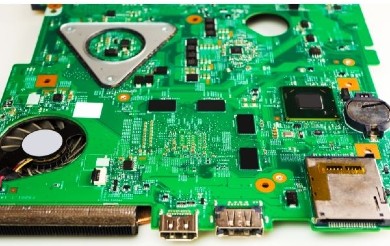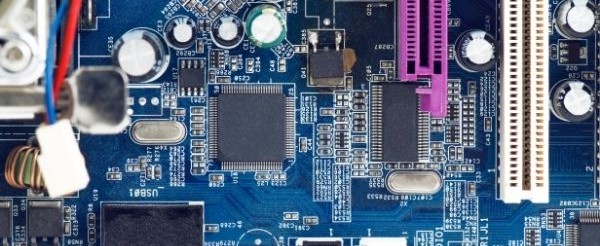Computer data storage is a bit of a complex subject. The motherboard is the primary circuit of your computer where all of the other systems connect. Your CPU is seated on the motherboard, memory sticks, and your storage drives. But does your MOBO store any data? And if it does, are they files, programs, personal data, Windows, or all the above? Keep reading to find out.
Does the Motherboard Store Data
In short, You can think of the motherboard as the highway where data passes through to other systems. By itself, it is not capable of storing any type of data. However, your disk drives and solid state drives connect to it for them to work.
It’s safe to say that these data do pass through your motherboard, but it can’t store any of them.
Are Files Stored on the Motherboard
Your files are primarily stored in your disk drives and solid state drives. You can even connect USB drives or SD cards and use them as secondary storage. Both these types can store files and data, but not the motherboard.
Whenever you open up a file using your computer, it searches for it in one of your storage devices. All of the data that you have on your PC should come from one of your primary or secondary drives.
Does Motherboard Contain Personal Data
The motherboard is the circuitry that connects all essential computing systems. The mobo, on its own, is not capable of keeping personal data like passwords. All of your sensitive data is stored on your drives.
The great thing about this system is that when your motherboard fails and you need to replace it, you can quickly swap it out. As long as you are using the same disk drives, you can access your personal data.
Is Windows Stored On My Motherboard
The Windows operating system is going to be stored in one of your primary drives. Whether it’s a disk drive or a solid state drive, it is going to be installed there. Every time you boot up your PC, it is going to look for your Windows installation in the drives and not your motherboard.
This does get confusing, though, since most of the time, when your PC stops working, and the cause is a faulty motherboard, you are not able to access Windows.
Remember that the motherboard passes all the information to and from the different systems on your computer. A damaged one will not be able to transmit the data from your storage device to your CPU and eventually to your screen.
Is a Motherboard Permanent Storage
A part of the motherboard does store a bit of information, and that’s the BIOS. It’s only large enough to hold the most basic instructions to get your computer to boot up and connect all the systems.
However, it is not stored in the way that you think. You will not be able to keep your own data on it. The motherboard by itself is not permanent storage. You will need to connect other storage devices like a hard drive so you will be able to store the data that you want.
If I Replace My Motherboard, Will I Lose My Data
Your motherboard can only move data back and forth to different systems on your computer. Your files are going to be stored in your primary storage like a disk or solid state drive.
If you’re worried about your OS, photos, and other important documents when you replace your motherboard, they will not be affected. Changing your motherboard in case of damage or an upgrade should keep your data intact since they will all be in your drives.
However, if you are replacing your hard drive, you should consider backing up your data.

Final Words About Mobo Storing Files, Programs, and Personal Data
So here you go – now you know all about your motherboard storing data.
If you wonder whether it is safe for your files when you upgrade or replace your motherboard, the answer is yes. Your motherboard does not store any programs, personal data, or files. Instead, it transmits them to the different parts of your computer to get processed until they show up on your screen.
Your files should be safe if you replace your motherboard as long as you plug in the same storage drives where you saved them. You are not going to lose your data when you replace your motherboard. They should still be intact and ready for you to use once you get your computer up and running again.
Table of Contents

